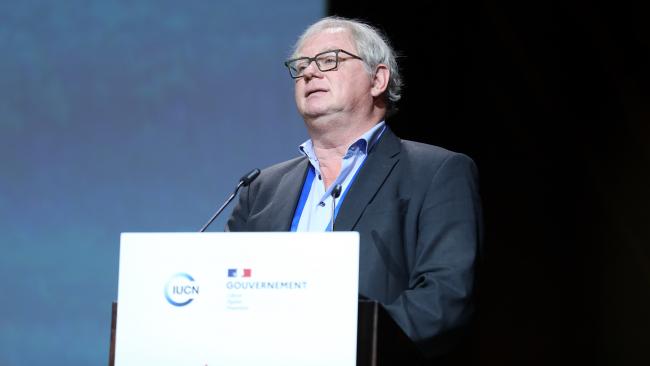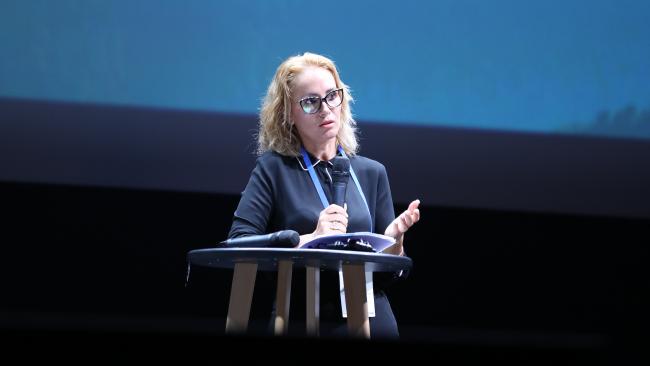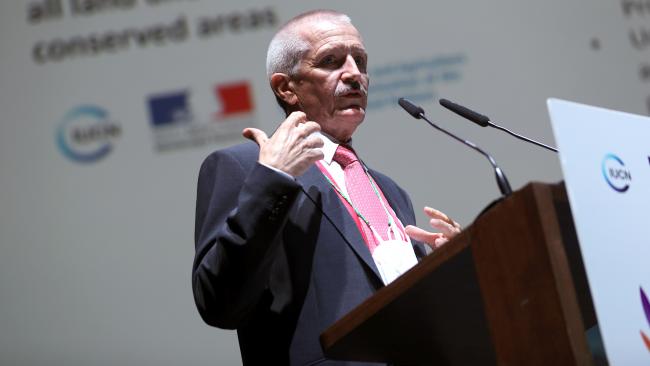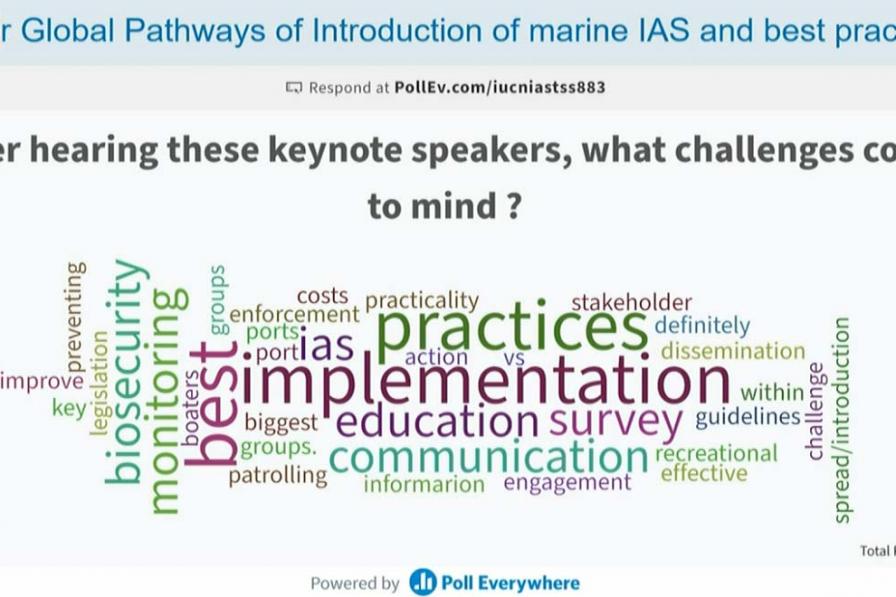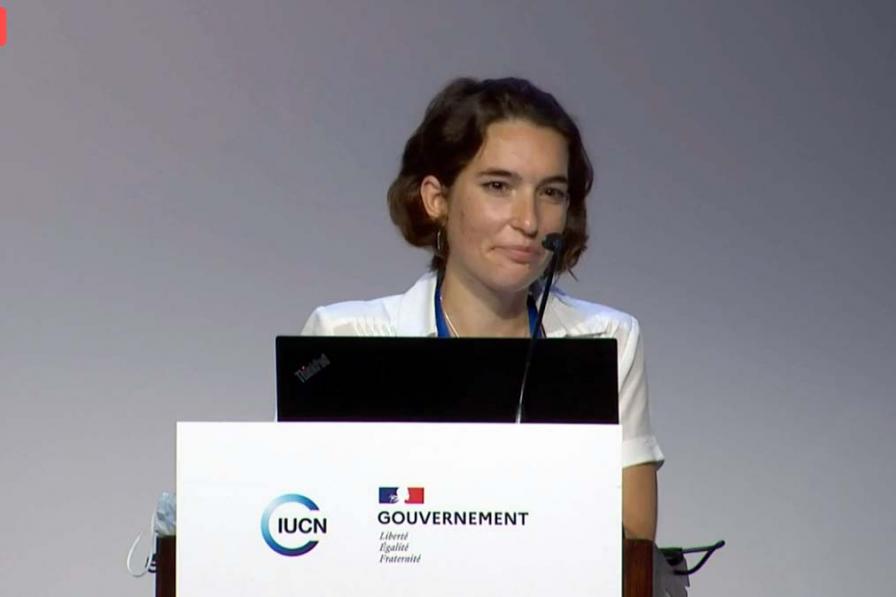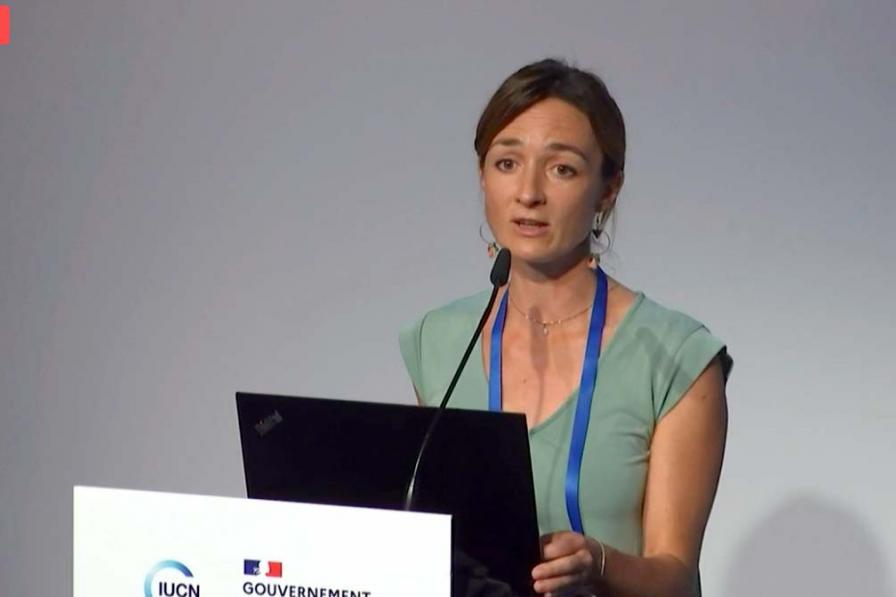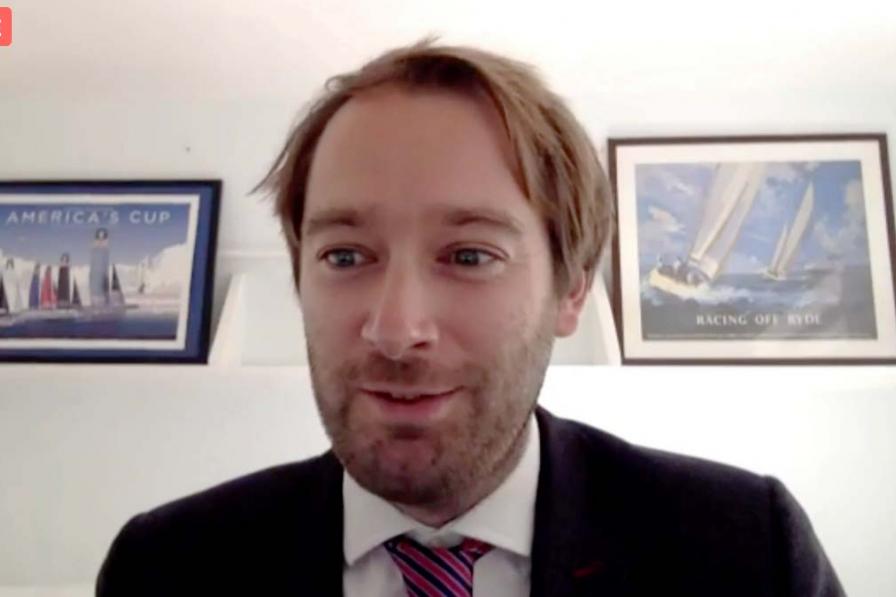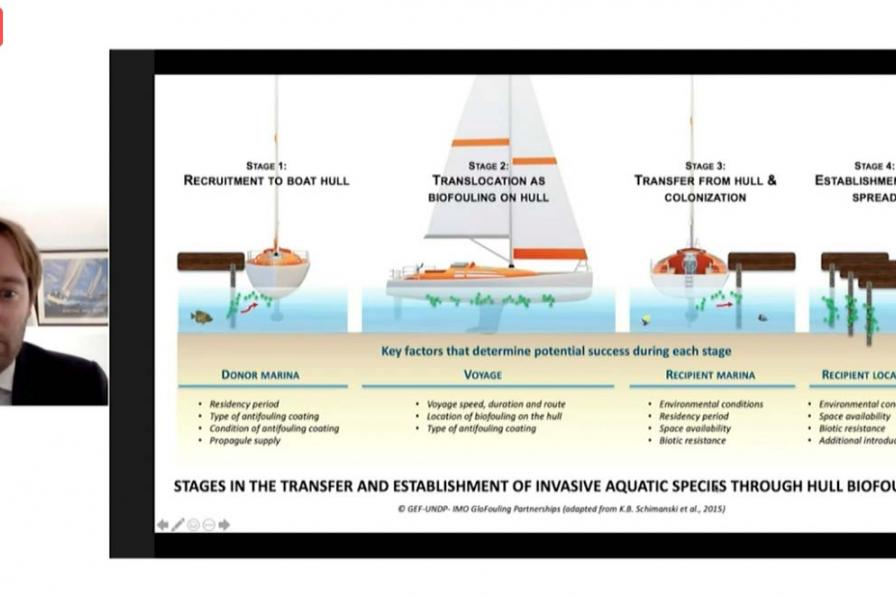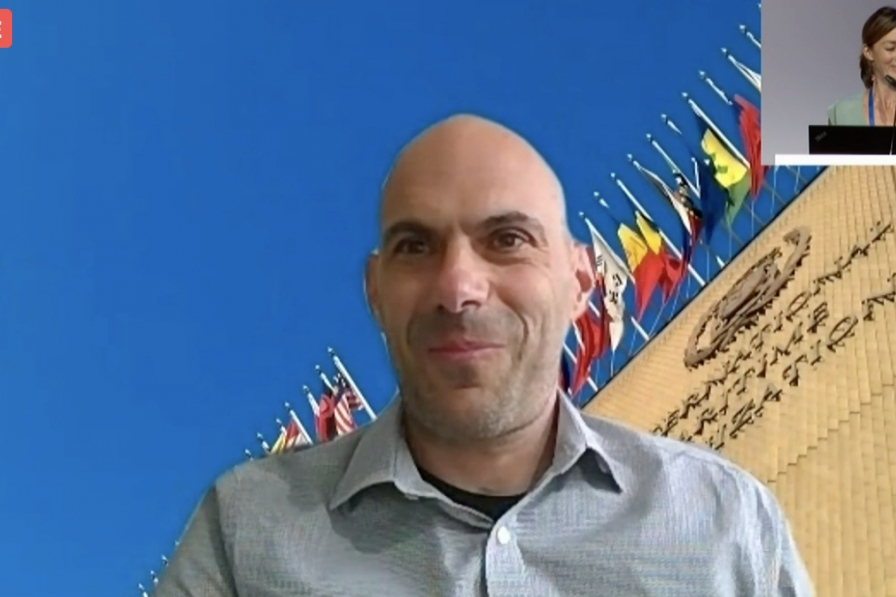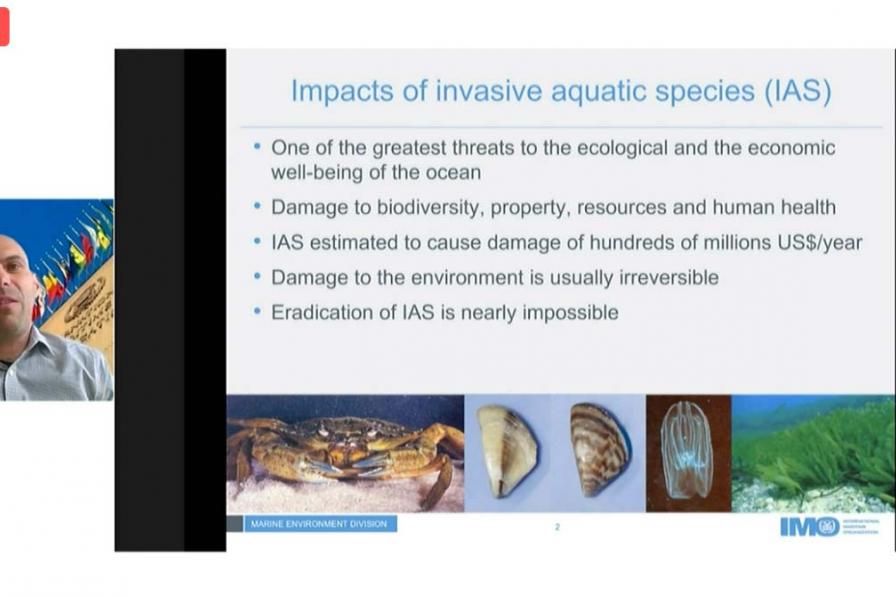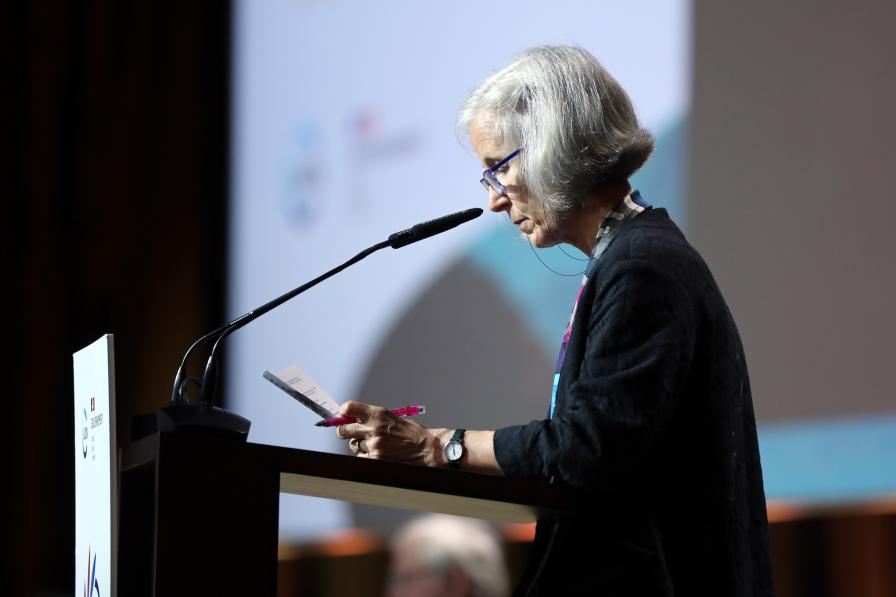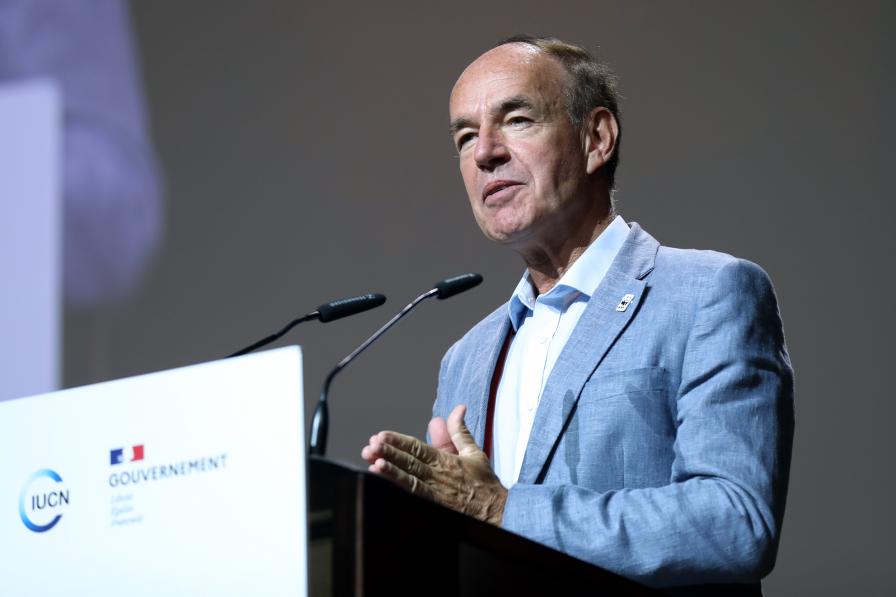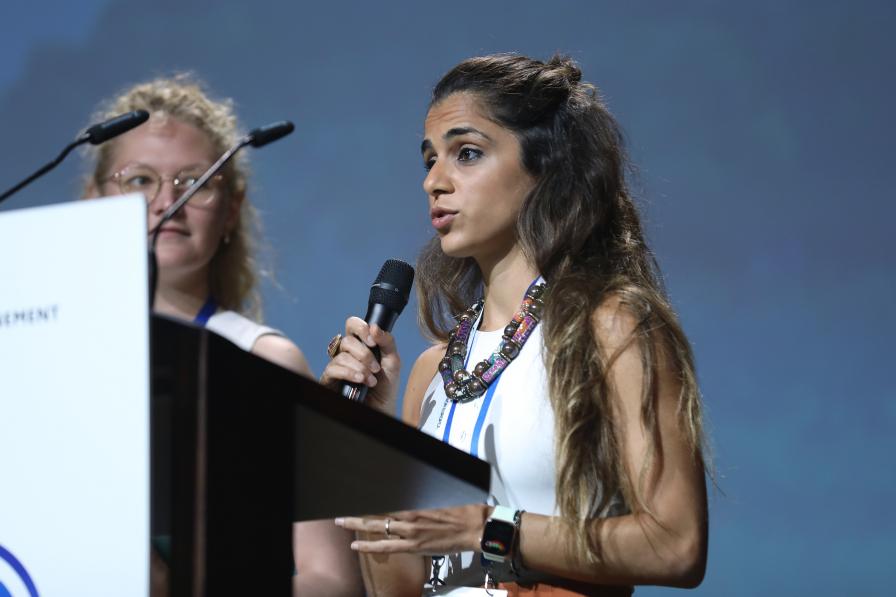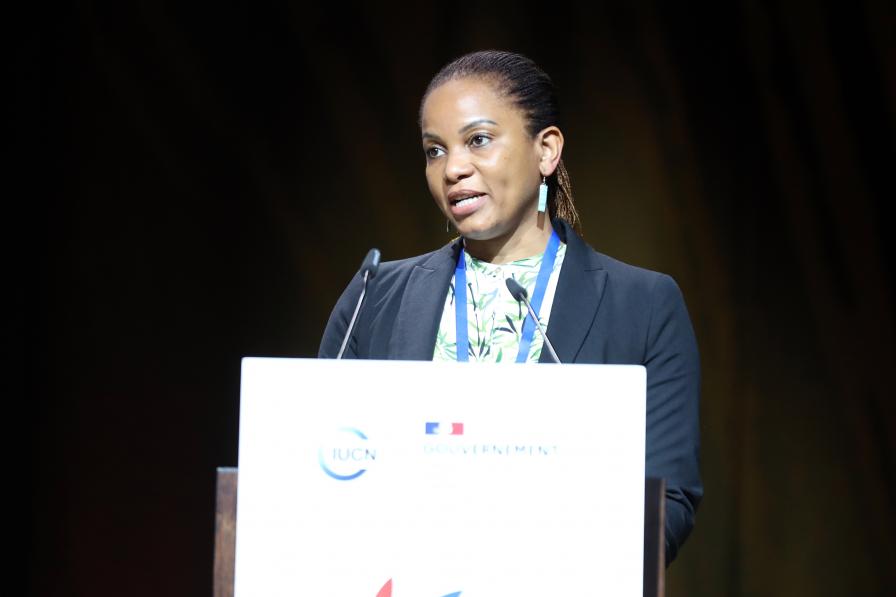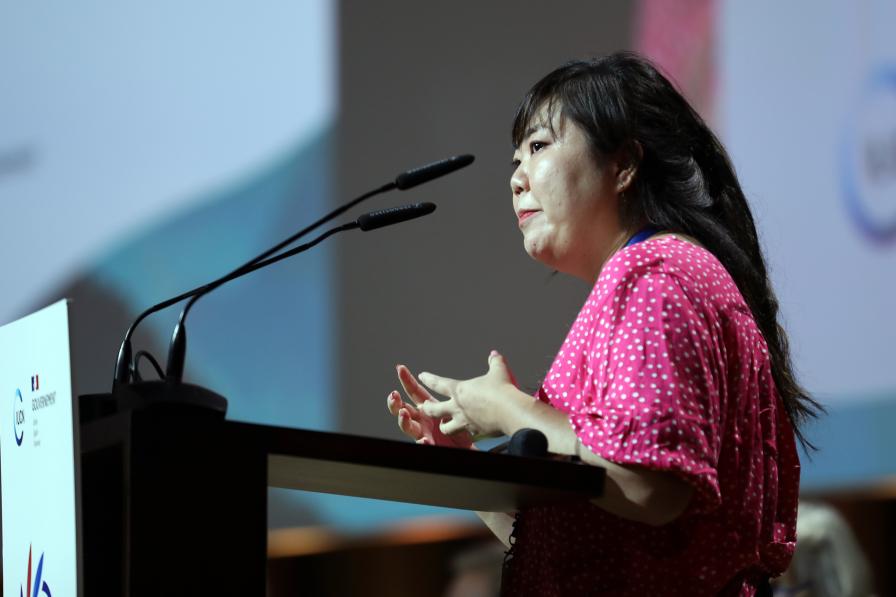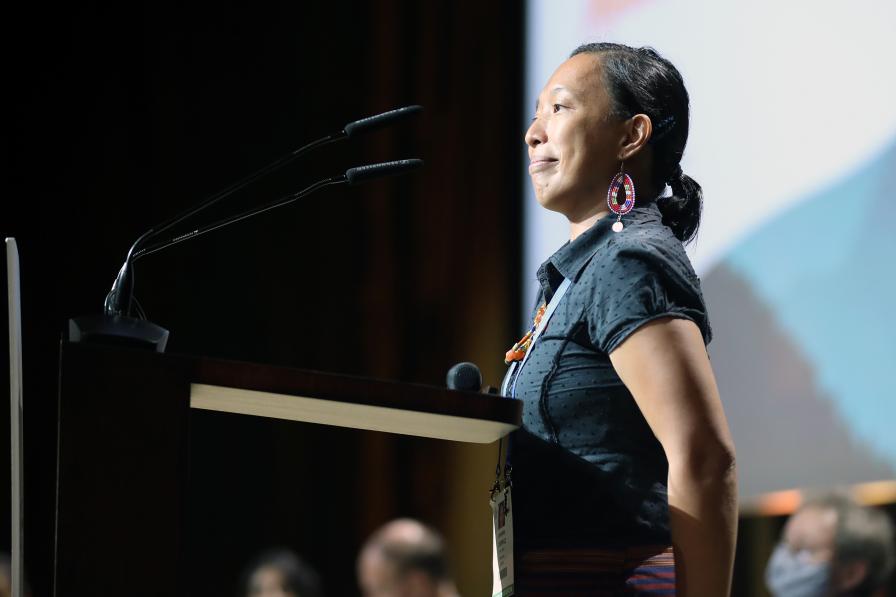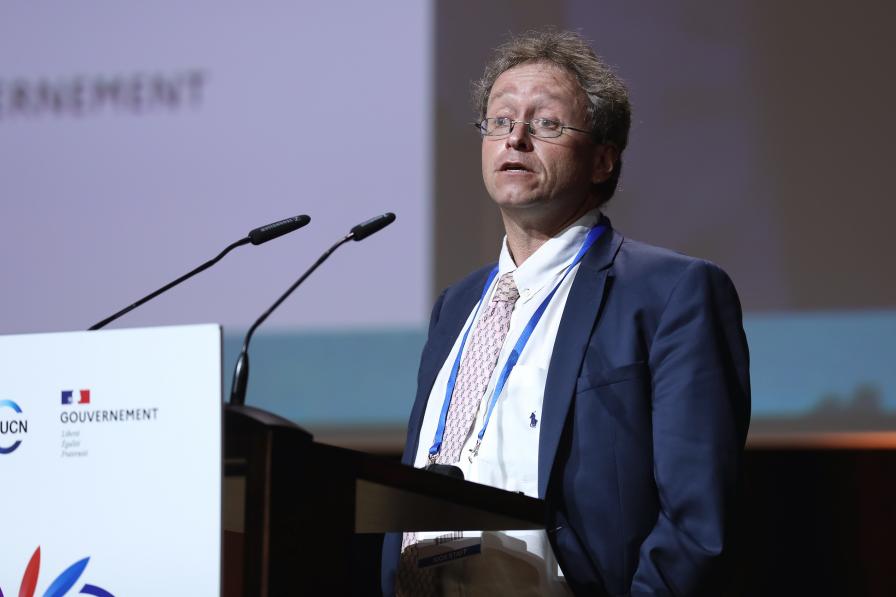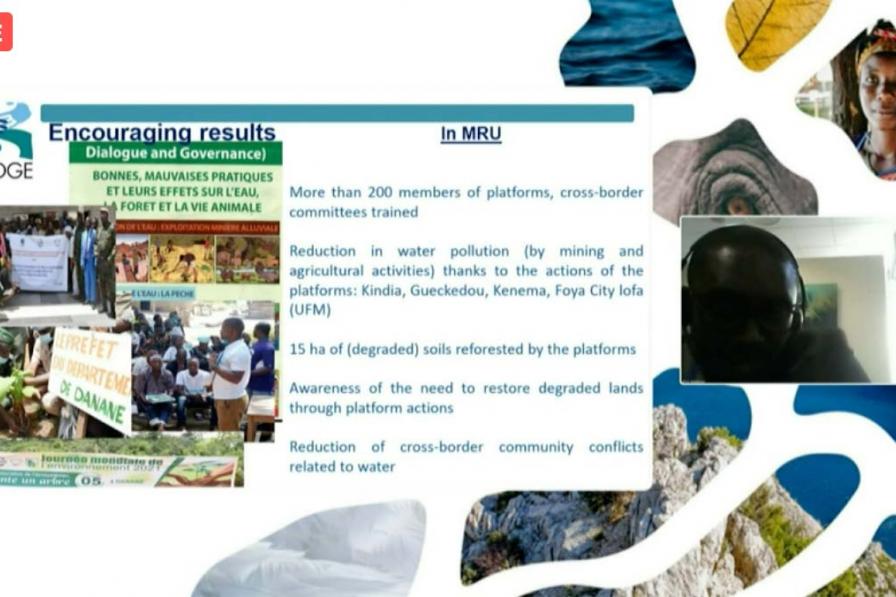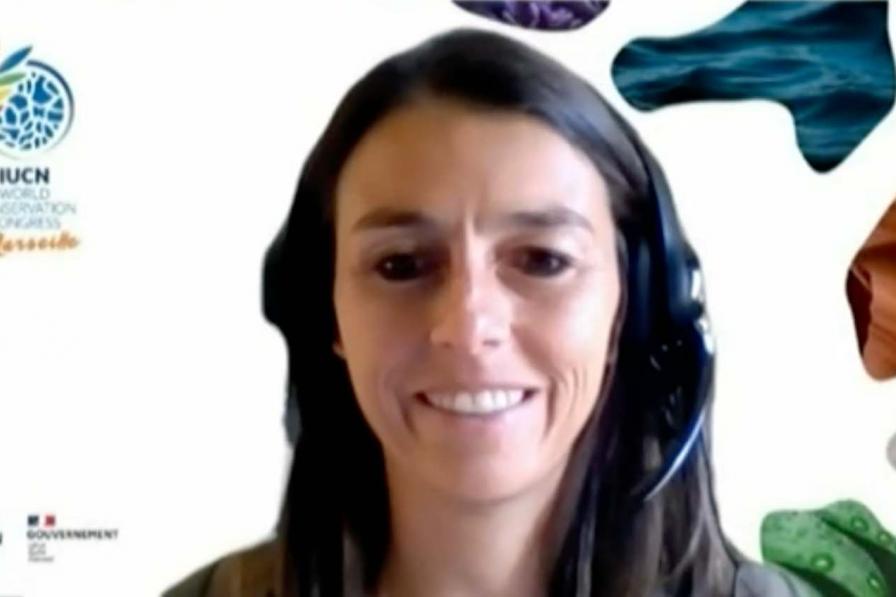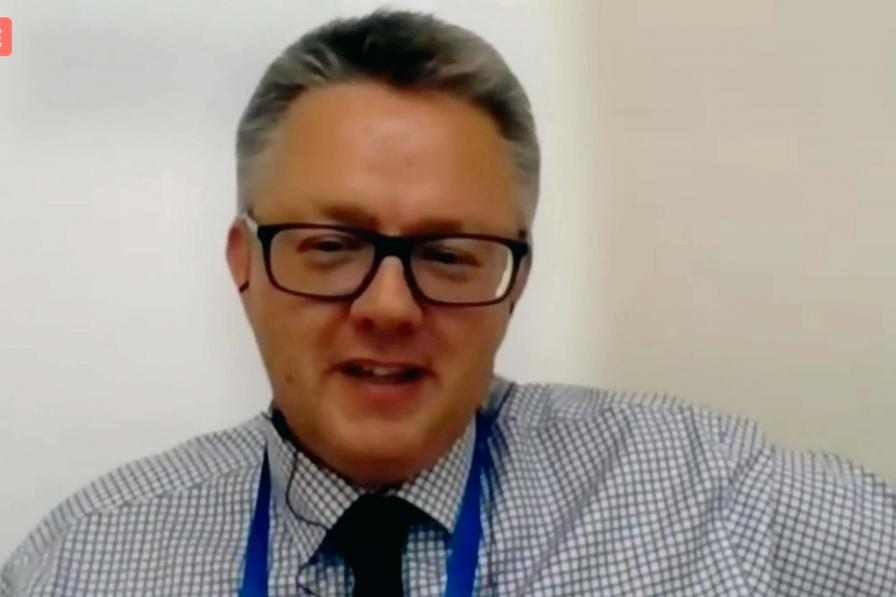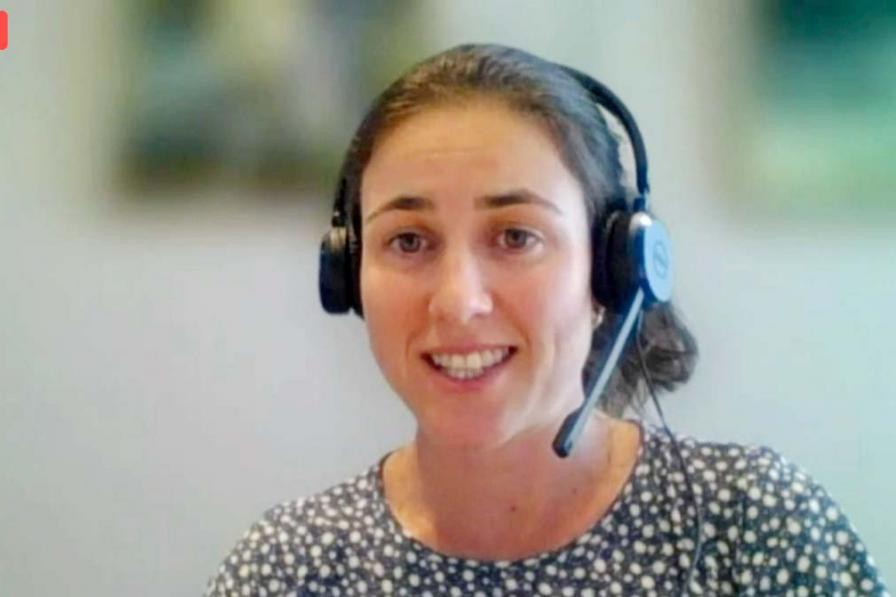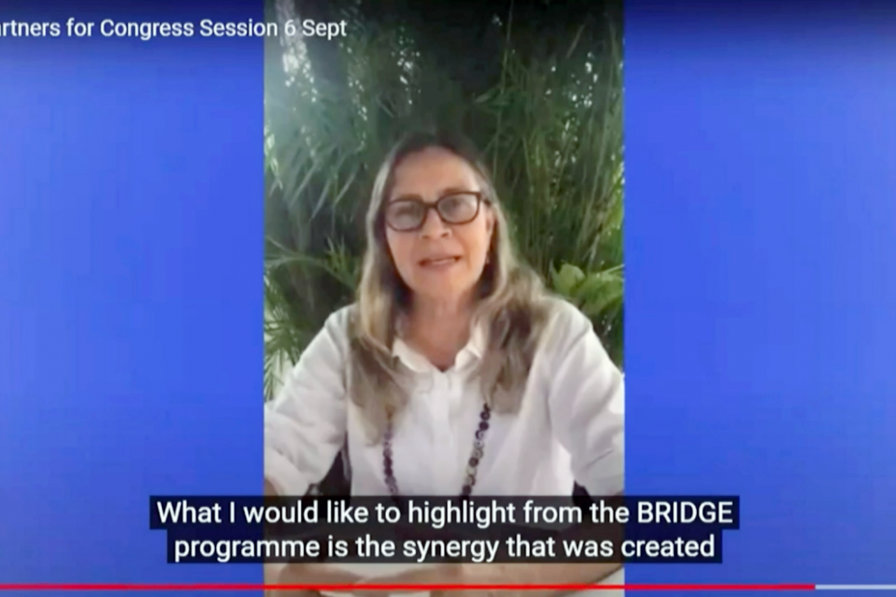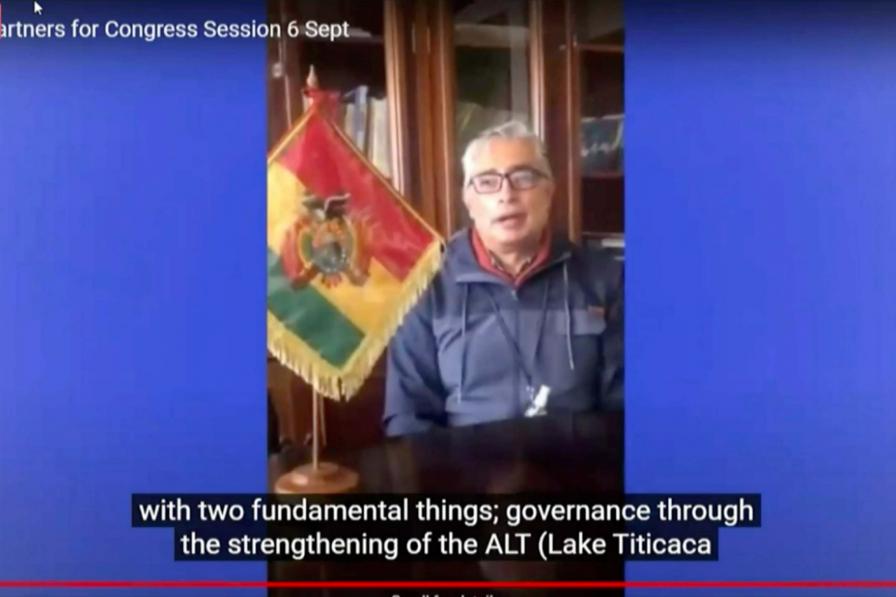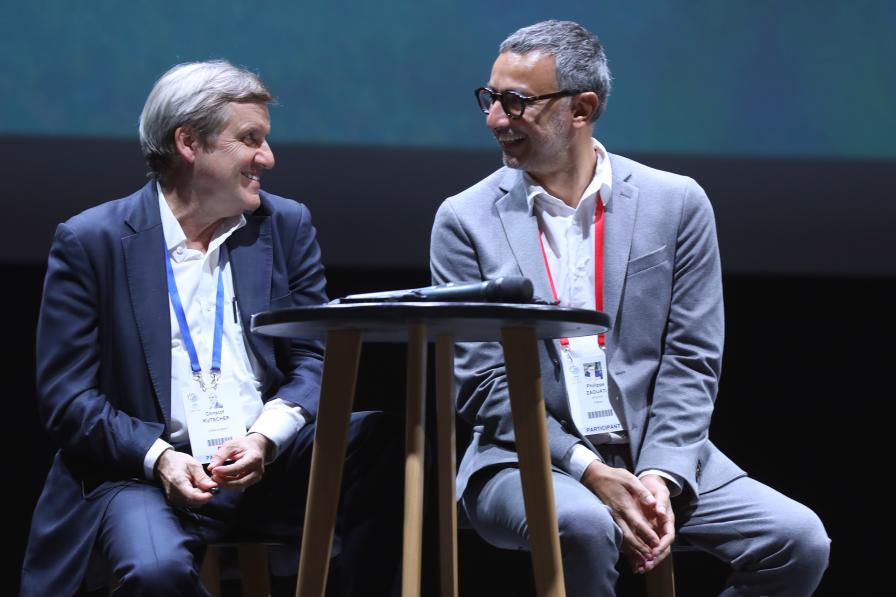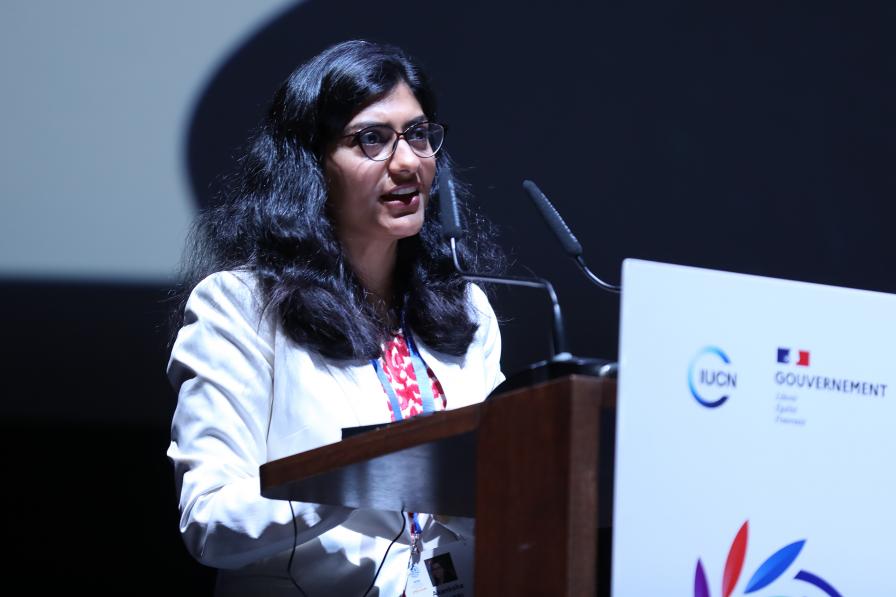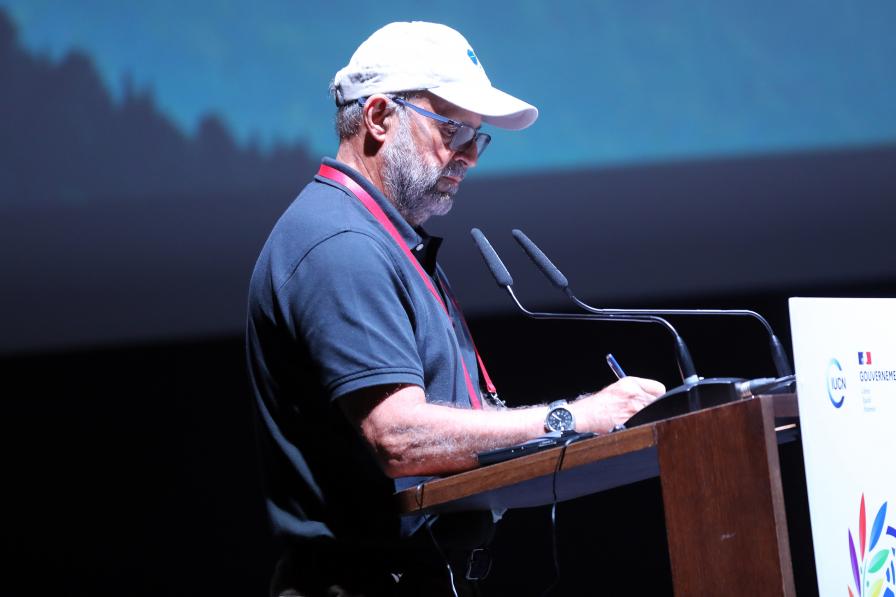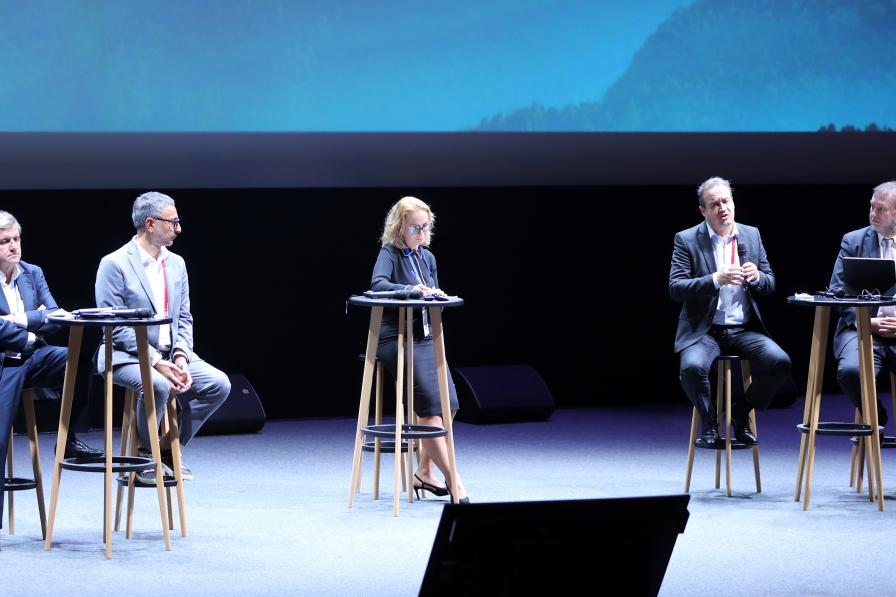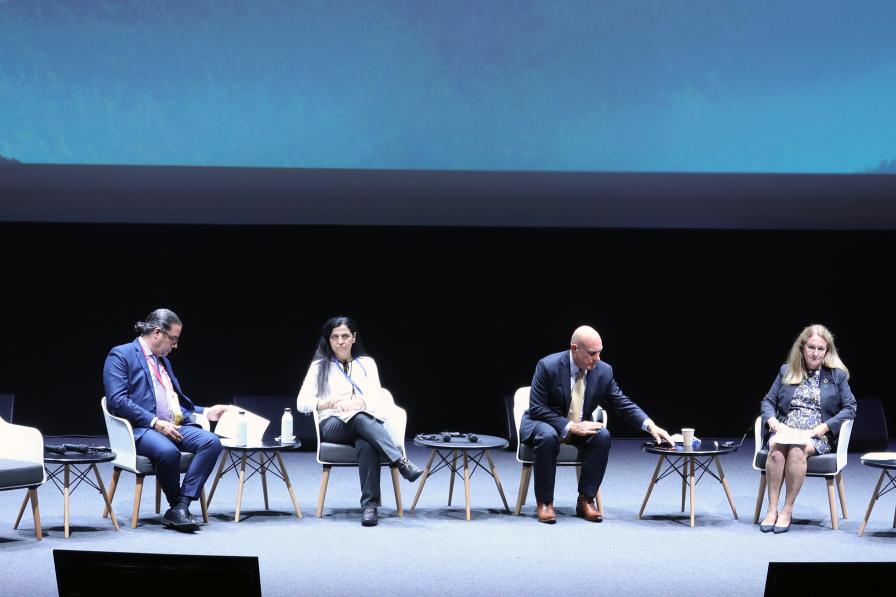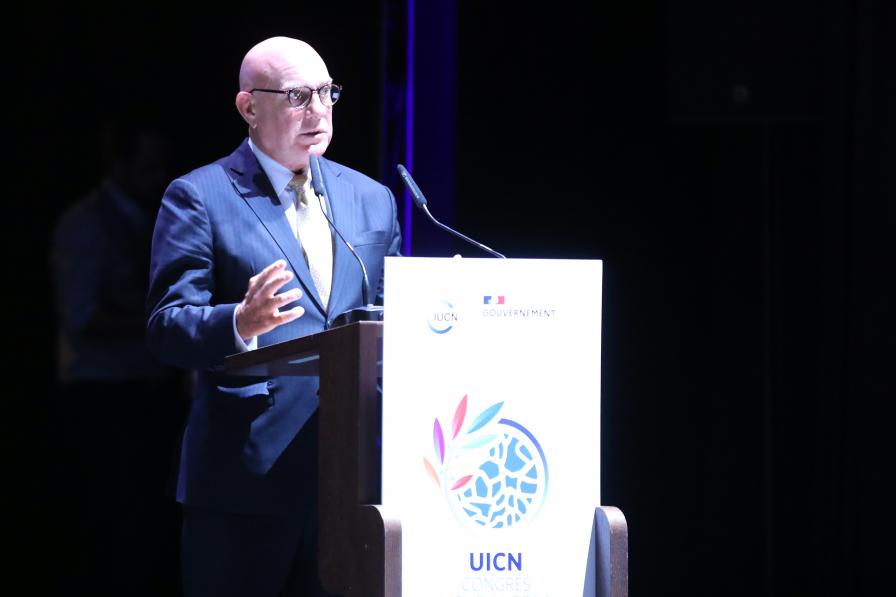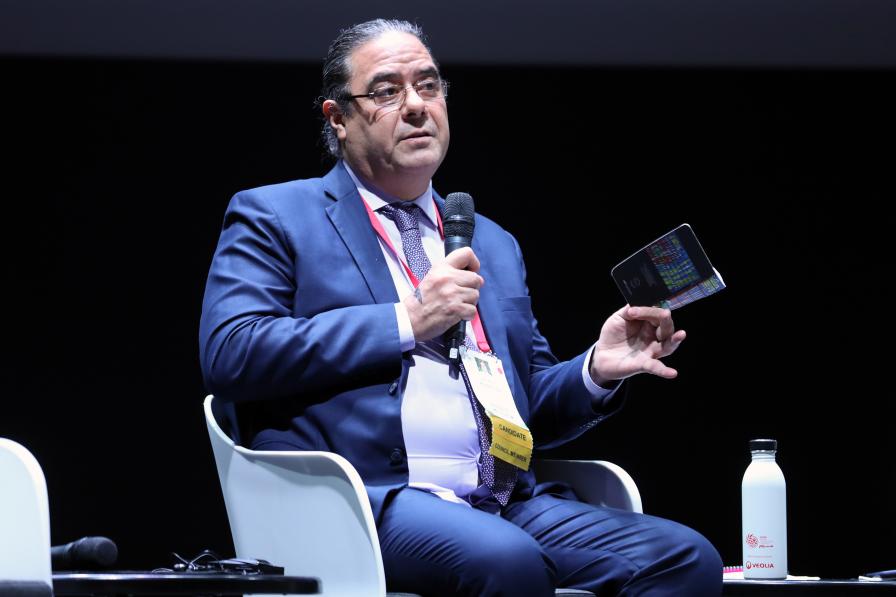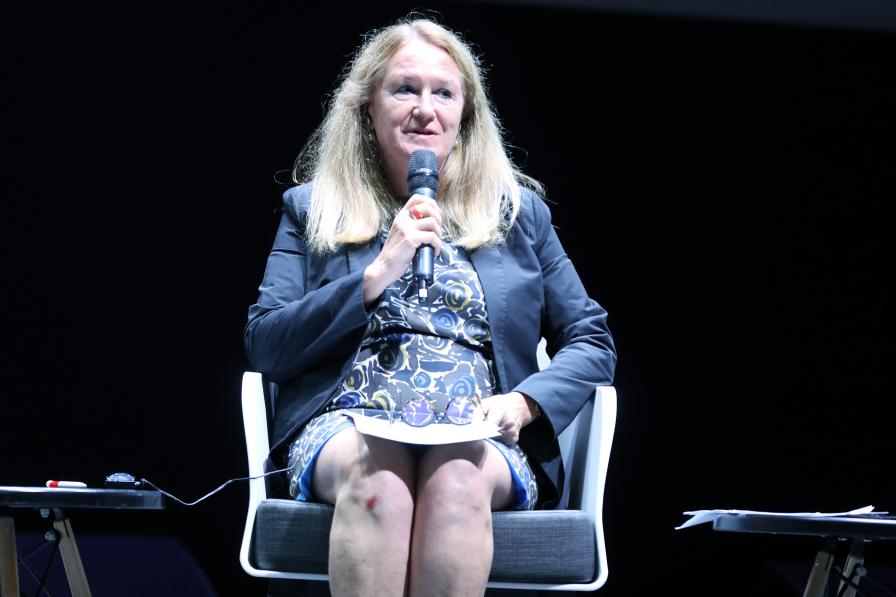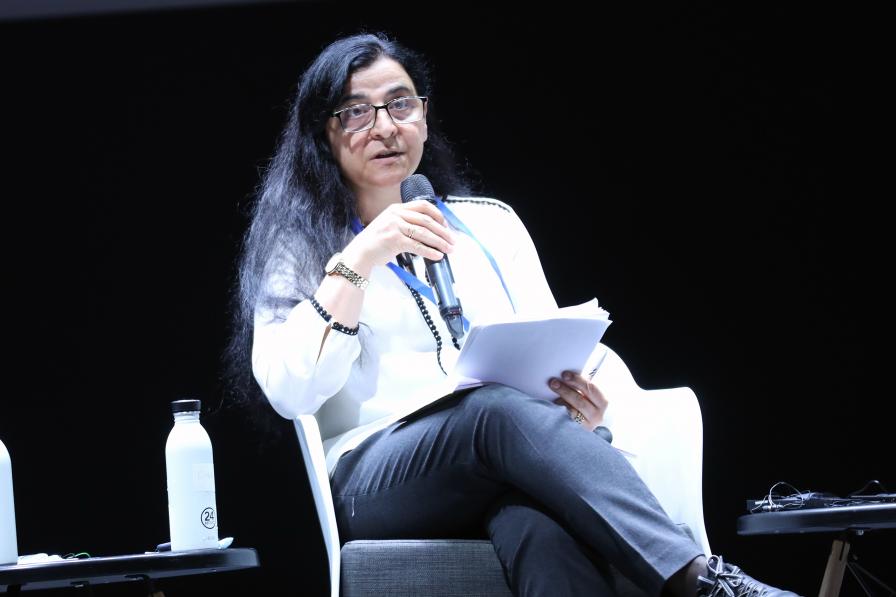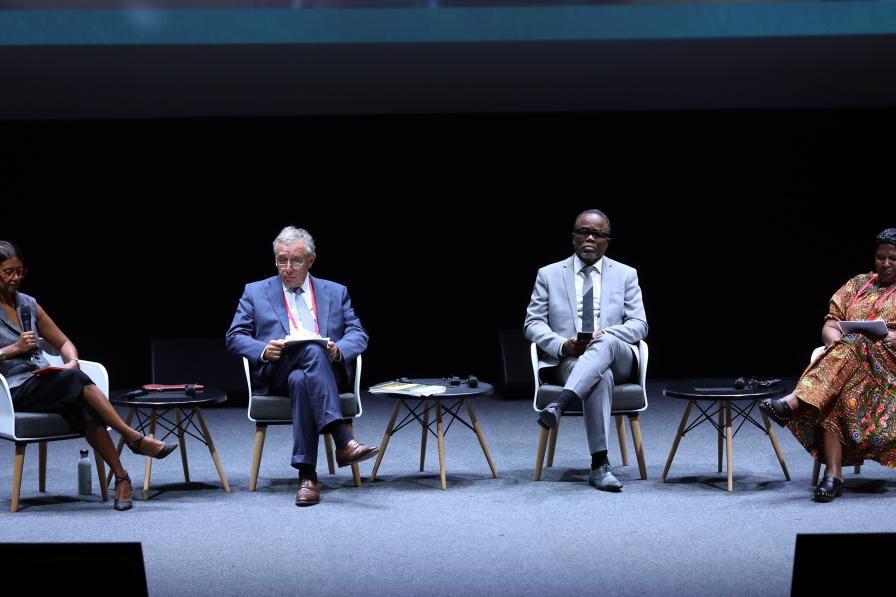Deep Time 2029: What Must We Do Now, in 2021, to Successfully Address the Nature Emergency by 2050?
This session attracted multiple stakeholders to discuss the post-2020 global biodiversity framework (GBF) and the required actions to halve biodiversity loss by 2030 and achieve recovery and restoration by 2050. Participants were invited to imagine the future and determine the actions that will bring all stakeholders on board.
The One Planet Summit Delivers for Biodiversity
The One Planet Summit, since its launch in 2017, has instigated ambitious commitments to accelerate the ecological transition at the global level. This event brought together ministers and other stakeholders to discuss: the required transformation of value chains; the mobilization of all biodiversity actors; and innovative funding sources.
Discussions addressed: the High Ambition Coalition’s 30-by-30 target to preserve and protect at least 30% of land and ocean by 2030; the role of public banks; the need to involve Indigenous Peoples in the One Planet Summit; integrating nature into investment strategies; scaling up regenerative agriculture; and the importance of stakeholder involvement in climate-based solutions.
Stopping the Tide: Best Practices and Solutions to Tackle Marine Invasive Alien Species
This session addressed marine invasive alien species (IAS), one of the major threats to marine and coastal ecosystems. Participants from a diverse community of stakeholders exchanged ideas and lessons learned to manage the introduction pathways of marine IAS, and identified major challenges.
Piero Genovesi, Chair, IUCN Species Survival Commission (SSC) Invasive Species Specialist Group, highlighted the continuing rise of invasive species in all regions and environments. He stressed managing the pathways for species introduction, as managing marine IAS once they have arrived is difficult.
Teo Karayannis, International Maritime Organization (IMO), said the IMO’s work on IAS is entirely based on prevention. He provided an overview of existing global measures for the management of two main shipping-related vectors: ballast water and biofouling.
BRIDGE - Ten Years of Implementing Transboundary Water Management: Key Lessons and Ways Forward
This virtual session focused on the Building River Dialogue and Governance (BRIDGE) programme, which works on water governance, management, and cooperation in transboundary rivers and lakes worldwide. The programme’s regional coordinators shared project insights from Southeast Asia, Southern and West Africa, and South America, addressing opportunities and challenges.
Maria Ana Borges, IUCN, focused on sustainable financing. Using the Sio-Malaba-Malakisi Basin shared between Kenya and Uganda as an example, she suggested: identifying financial resources for each stage; engaging investors and the private sector; and undertaking quantitative and qualitative valuation of benefits.
James Dalton, IUCN, warned “we are losing waters three times faster than forests” and highlighted the socioeconomic importance of freshwater systems. He emphasized that collaboration must lead to tangible results and urged supporting relevant conventions so freshwater systems get the attention they deserve.
One Earth – One Health: How Can We Mitigate Future Pandemics?
This high-level dialogue focused on the need for a ‘One Health’ approach, heightened by the emergence of COVID-19. Participants discussed the drivers behind emerging epidemics, and their impacts on human health and the environment. They also exchanged ideas on priority solutions at the national level, in line with a ‘One Health’ approach, to prevent and mitigate impacts from future pandemics.
Highlighting the One Health approach as central to preventing future pandemics, Jean-Yves Le Drian, Minister for Europe and Foreign Affairs, France, stressed “humans cannot live healthy lives on an unhealthy planet.”
Agriculture and Land Health: The Common Ground Between Agriculture and Conservation
This high-level dialogue aimed to strengthen international commitments to restore biodiversity through sustainable agriculture. Participants exchanged ideas on policies to protect biodiversity in agricultural ecosystems and discussed sustainable farming, and supporting sustainability and productivity.
Stewart Maginnis, IUCN, said sustainably managed agriculture can make a major contribution to conserving biodiversity, noting that the GBF’s targets should include agroecological approaches.
To receive free coverage of global environmental events delivered to your inbox, subscribe to the ENB Update newsletter.

